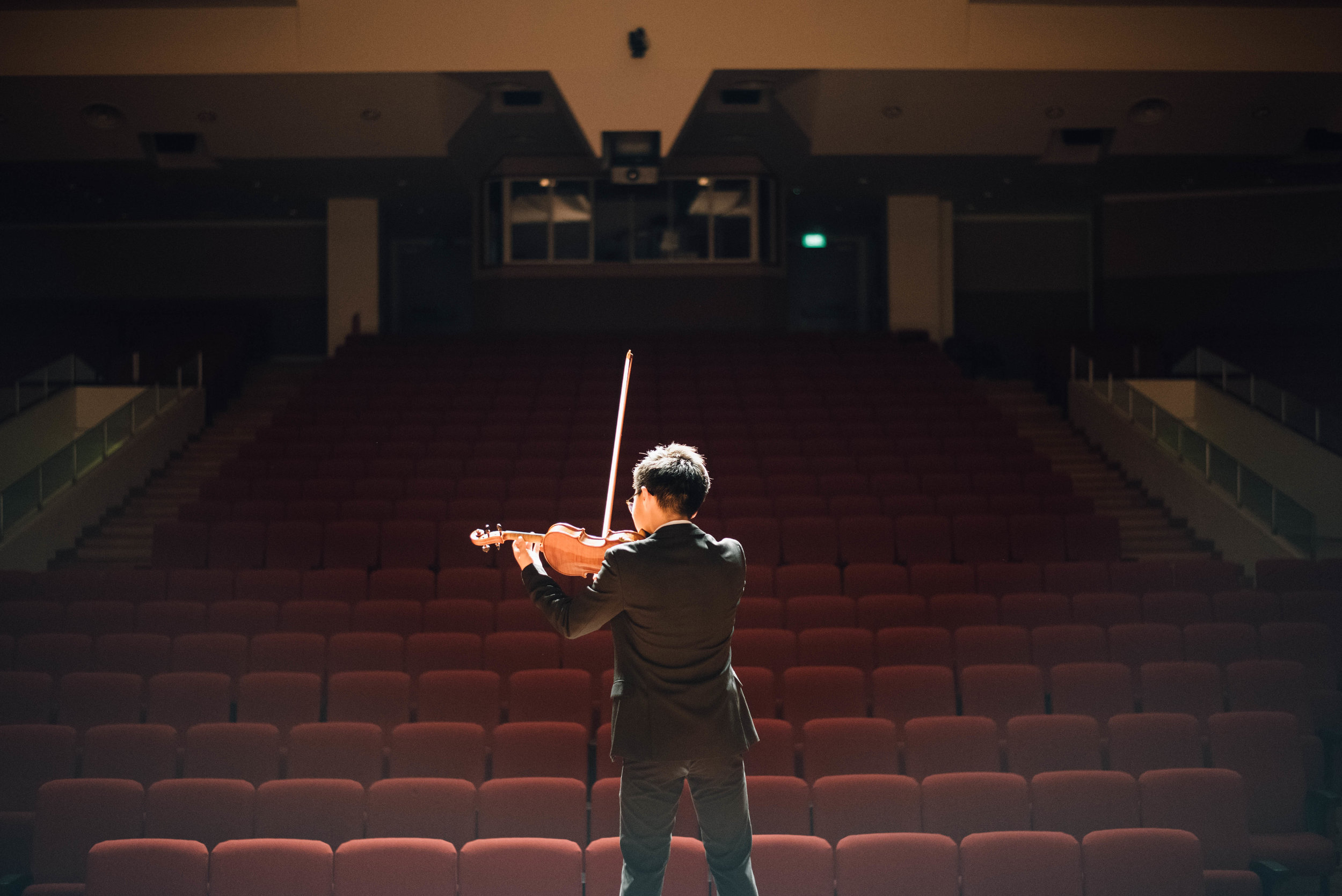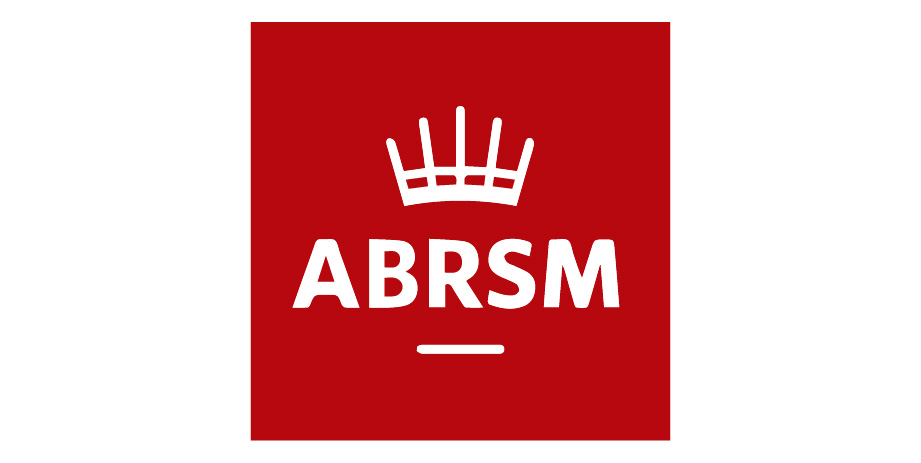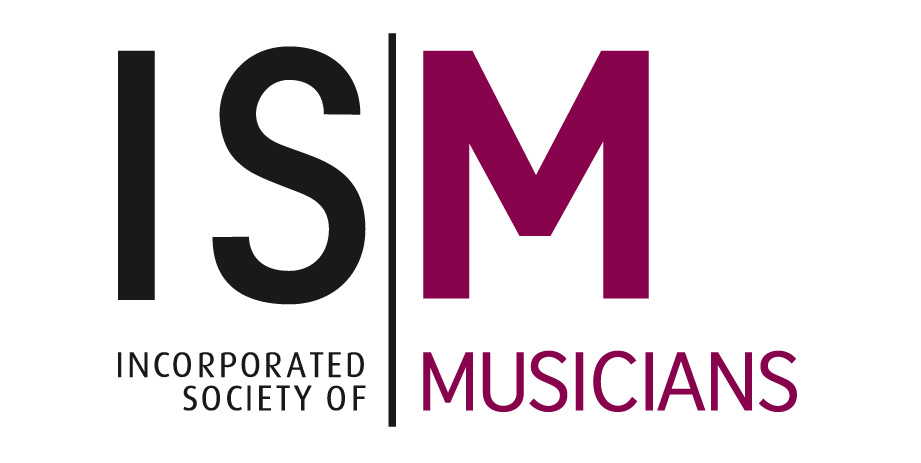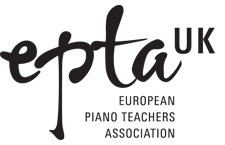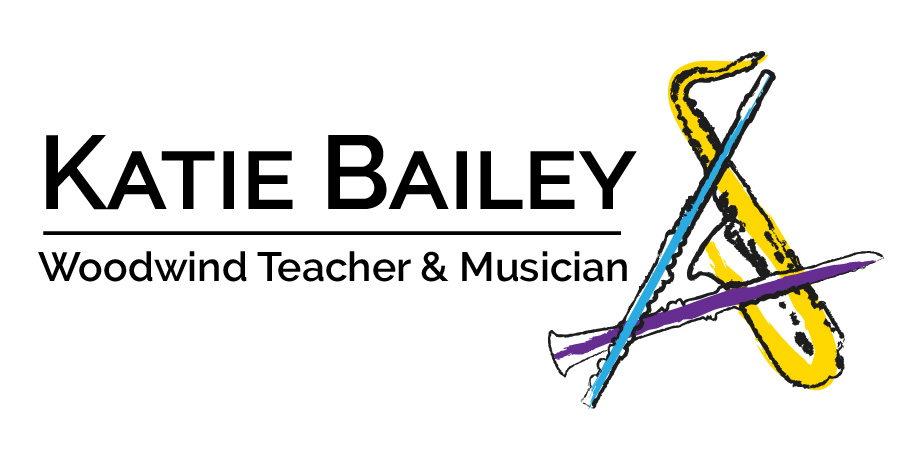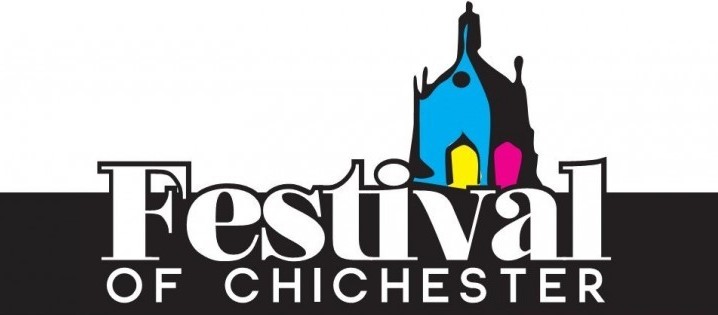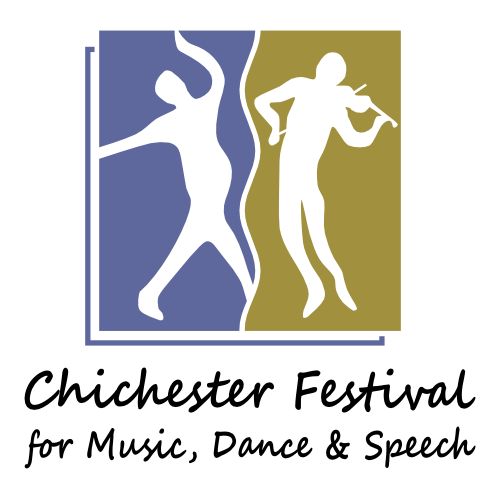- There are a huge range of classes to choose from, take the time to find one which is right for you.
- Adjudicators often examine for the major boards, so their feedback is extremely valuable.
- Support your local music festival, if no-one participates they won't happen!
Next weekend over a dozen of my students will be competing in our local performing arts festival, the Chichester Festival of Music, Dance and Speech. The event has been running since the beginning of February and will conclude for another year with the forthcoming piano classes. It is important to support local music festivals as they offer a rare and unique experience for musicians at all levels.
“Festival classes are a halfway point between exams and concerts: they are judged by an adjudicator but to a much smaller audience than you would find elsewhere.”
Take Every Opportunity
I firmly believe that students should take every performance opportunity available to them. Many of my students are often reluctant to play in front of others, however, I am frequently guilty of coercing them into public performances, despite their misgivings.
It is true that many students – adults in particular – have only taken up the piano for their own enjoyment. Music-making is an intensely private affair for some, and if this is the case then it is important to respect this. For the most part though, students will find enormous benefit in sharing their playing with an attentive audience.
Audiences for festival classes are usually very small, taking some of the pressure off playing publicly.
Public performances usually take place in the form of concerts. At the other end of the scale are graded music exams, which are played only to an examiner and no-one else. Festival classes are a halfway point between the two; they are played to and judged by a professional adjudicator, however, there will also be a small audience there to watch and listen.
Audiences for festival classes are typically much smaller than concert audiences; they usually consist only of friends or relatives of the participants and any festival volunteers. For this reason, festival classes represent a unique opportunity to play in front of a small group of people while also receiving professional feedback.
Preparing for a festival class is much less intense than preparing for a graded exam, as each class has a much narrower focus when compared to the holistic approach to music exams. The smaller audience size is often comforting for students who would otherwise be exceptionally nervous at playing in a concert. In these respects, festival classes are more accessible than both concerts and exams.
Making the most of your class
It is important to note that although there is a competitive element to the classes, the atmosphere is overall a friendly and supportive one. Everyone participating is there to learn from the other performers and from the feedback given by the adjudicator.
The best thing that you, as a participant, can do, is to be attentive when your fellow pianists get up to play and talk to them before and after the class. It is not all that often that you will come in to contact with so many pianists of your level and age, so make the most of the occasion and talk about your own musical journey. There is much to be learned from the ways of other musicians.
Choosing your class: there is a fantastic selection of piano classes to enter at our very own Chichester Festival of Music, Dance and Speech. Each class has specific requirements of what should be presented, so it is often a good idea to choose more than one class if you have a variety of pieces or talents to showcase. Here is a list of some of the classes below:
Beginner classes
The only requirement for this class is that the student has been playing for less than 18 months. These classes are so accessible that participating in one is very often the first public performance that a new pianist will give. There are separate classes for children and adults.
Graded music classes:
In graded classes, students can play up to three pieces from their chosen syllabus. They are useful for practising exam pieces in a performance setting. Many festival adjudicators also examine for the major boards, so their comments are extremely valuable.
There are several different classes for each grade, divided by age group. This separates an 11-year-old Grade 2 student from competing against an 8-year-old Grade 2 student. There are also classes for adults taking grades.
Sight-Reading/Quick-Study classes:
I have talked about sight-reading in previous blog posts, but I shall reaffirm here my belief that sight-reading is less about playing as many right notes as possible and far more about capturing the character of something previously unseen. The sight-reading classes are a terrific experience as everyone competing takes a different approach. Everyone gets given the same piece of music and it is truly remarkable how different each player sounds when reading through it.
Composer classes:
Some composers are simply too good to be bundled into open classes. I am talking about composers such as Bach, Mozart and Beethoven (amongst others), who have had an overwhelming contribution to the piano repertoire and the overall development of music. There are also classes such as the “French Impressionist” class, which allow students to choose works by Debussy, Ravel, or another composer from that movement.
It is worth checking what levels composer classes are offered at (this year there is a beginner Bach class). Anyone playing a piece by a relevant composer should consider participating in the class; you will hear other performances of that composer’s work and the feedback will be more centred on the composer’s favoured styles and idioms.
Open classes:
In these classes, students are able to play a piece of there choosing. Open classes are very popular as they offer the most freedom to performers; as a result, there is usually a dazzling variety of music being showcased. These classes are more likely than others to attract a larger audience.
Other classes
There are also classes available for piano duets, accompaniment, ensemble and jazz. Duet classes are a good way to give nervous performers a chance to play with the security of their teacher accompanying them. As well as this they are also good fun!



